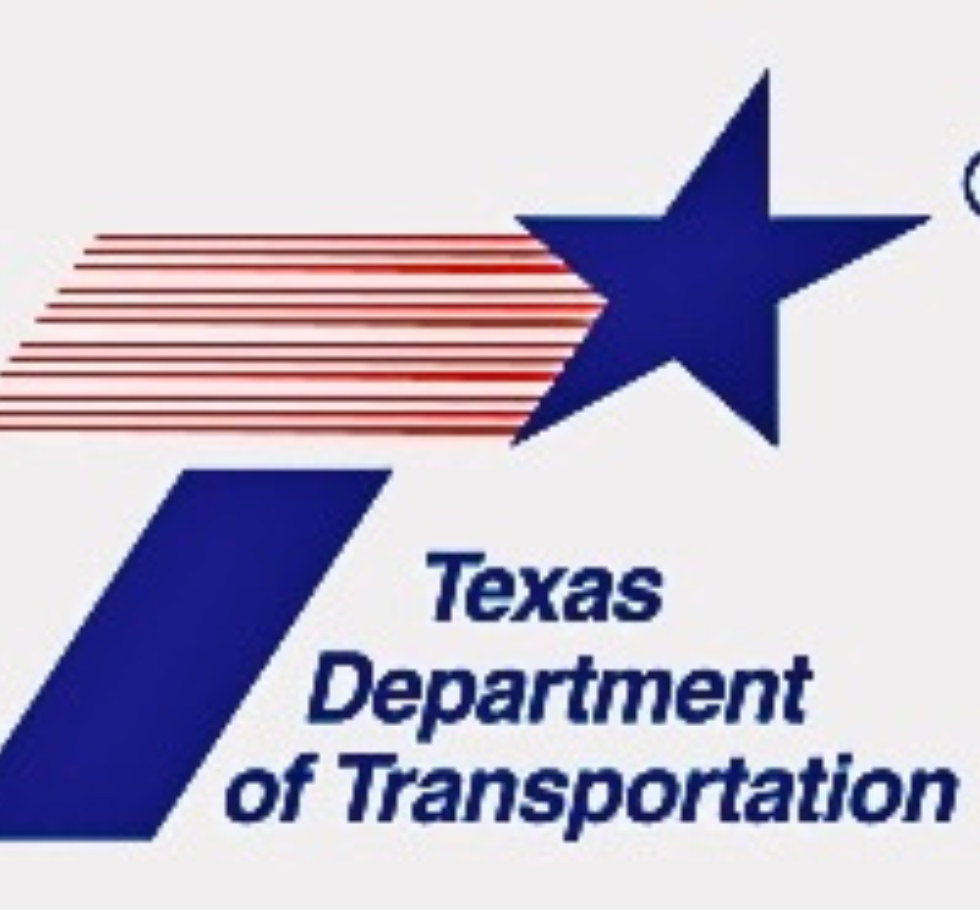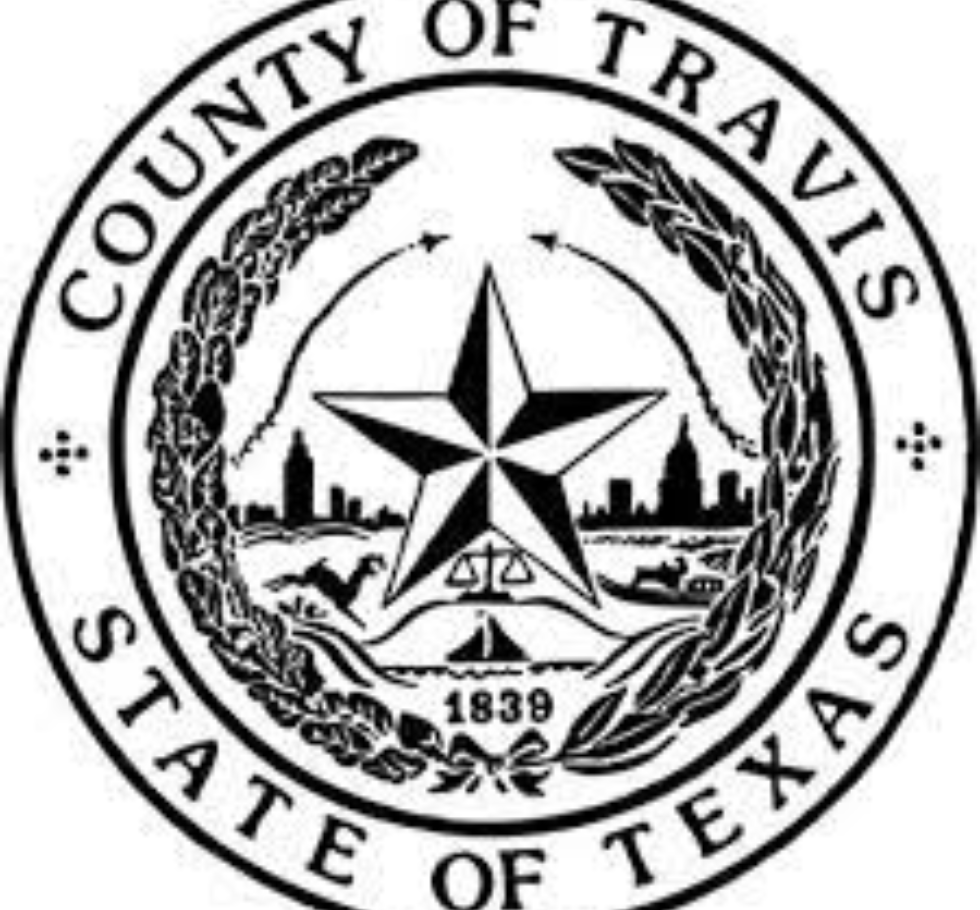Understanding CAMPO: Planning the Future of Central Texas Transportation
The Capital Area Metropolitan Planning Organization (CAMPO) plays a pivotal role in shaping the future of transportation for the rapidly growing Central Texas region. Covering Bastrop, Burnet, Caldwell, Hays, Travis, and Williamson counties, CAMPO is responsible for overseeing transportation planning, ensuring equitable infrastructure development, and managing the allocation of federal and state funding for projects. Let’s dive into what CAMPO does, how it operates, and why its work is critical to the region’s growth and quality of life.
What is CAMPO?
CAMPO serves as the Metropolitan Planning Organization (MPO) for the Austin metropolitan area. Federally mandated for urban regions with populations of 50,000 or more, MPOs are tasked with developing and maintaining long-term transportation strategies. CAMPO’s mission is to improve mobility, enhance safety, and promote equitable access to transportation across its six-county jurisdiction, which encompasses urban, suburban, and rural areas.
Key Responsibilities
- Regional Transportation Plan (RTP):
The RTP outlines a 20+ year vision for the region’s transportation network. Updated every five years, it addresses multimodal solutions, including highways, transit systems, bike lanes, and pedestrian pathways. The RTP ensures the region’s infrastructure keeps pace with population growth while emphasizing sustainability and accessibility. - Transportation Improvement Program (TIP):
The TIP is a shorter-term, four-year planning document that lists projects ready for funding and construction. It aligns closely with the RTP to ensure consistency and timely delivery of critical infrastructure. - Unified Planning Work Program (UPWP):
This two-year plan details CAMPO’s planning activities, ensuring efficient use of resources while meeting federal requirements. - Funding Allocation:
CAMPO reviews and approves the use of federal and state transportation funds within its jurisdiction, ensuring projects align with regional priorities.
Governance and Structure
CAMPO’s governance is structured to promote collaboration and transparency among stakeholders:
- Transportation Policy Board (TPB):
The 21-member TPB consists of 19 elected officials, one representative from the Texas Department of Transportation (TxDOT), and one from Capital Metro. The TPB sets policy, approves plans, and allocates funding for transportation projects. - Technical Advisory Committee (TAC):
Comprised of staff from local jurisdictions, the TAC provides technical expertise and recommendations to the TPB, ensuring informed decision-making. - Staff Leadership:
CAMPO’s staff, led by Executive Director Ashby Johnson, conducts planning work, performs analysis, and prepares recommendations for the TAC and TPB.
The Centers Concept: A Vision for Growth
One of CAMPO’s innovative strategies for addressing regional growth is the Centers Concept. Adopted as part of its 2035 plan, this approach promotes higher-density development in designated areas connected by public transportation. By focusing growth in specific centers, CAMPO aims to mitigate urban sprawl, reduce traffic congestion, and enhance the efficiency of transit networks.
Key Initiatives and Projects
CAMPO’s work spans a variety of impactful projects and initiatives:
- Highway and Roadway Improvements:
CAMPO allocates significant funding for critical roadway expansions and upgrades, ensuring smoother commutes and safer travel. - Public Transit Enhancements:
Collaborating with Capital Metro, CAMPO supports expanded transit options, including rail and bus systems, to improve connectivity and reduce reliance on cars. - Active Transportation Infrastructure:
The organization prioritizes bike lanes, pedestrian pathways, and multimodal hubs, fostering healthier and more sustainable transportation choices. - Equity and Accessibility:
CAMPO ensures transportation investments benefit all communities, with particular attention to underserved and rural areas.
Challenges and Opportunities
The rapid growth of Central Texas presents both challenges and opportunities for CAMPO. The region’s population boom has intensified the need for innovative solutions to traffic congestion, aging infrastructure, and environmental sustainability. By integrating public feedback, leveraging advanced technologies, and fostering collaboration among local jurisdictions, CAMPO is positioned to address these challenges effectively.
Why CAMPO Matters
CAMPO’s work directly impacts the quality of life for millions of residents in Central Texas. From reducing commute times to ensuring equitable access to transit, CAMPO’s planning and decision-making shape the region’s future in profound ways. Its commitment to transparency, stakeholder engagement, and forward-thinking solutions ensures the region remains a vibrant and connected community.
Get Involved
Public participation is a cornerstone of CAMPO’s approach. Residents are encouraged to attend public meetings, provide feedback on proposed plans, and engage in discussions about transportation priorities. By voicing their needs and concerns, community members can help shape a transportation system that reflects the region’s values and aspirations.
Conclusion
As Central Texas continues to grow, CAMPO’s role as the region’s transportation planning organization is more critical than ever. Through strategic planning, collaborative governance, and a commitment to equity, CAMPO is building a future-ready transportation network that supports economic vitality and enhances the quality of life for all. Whether you’re a commuter, a business owner, or a resident, CAMPO’s work touches every aspect of mobility in the region, making it an essential part of Central Texas’ ongoing success story.













